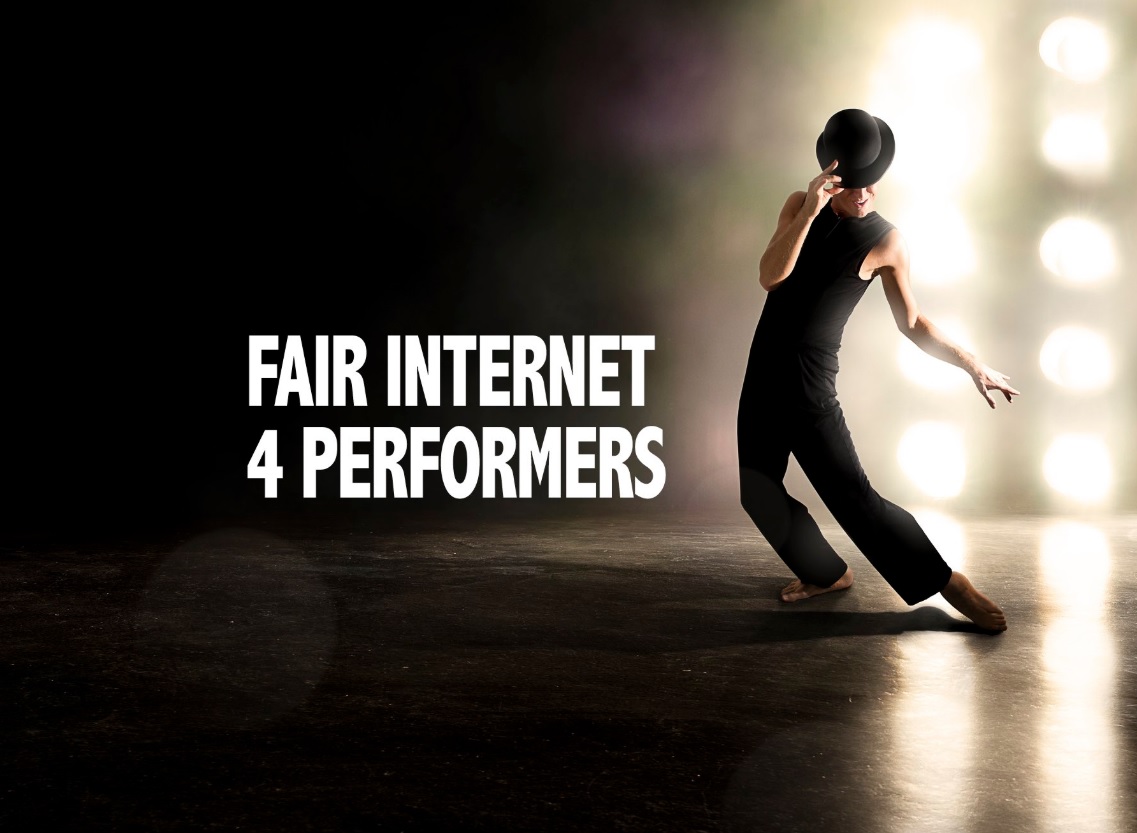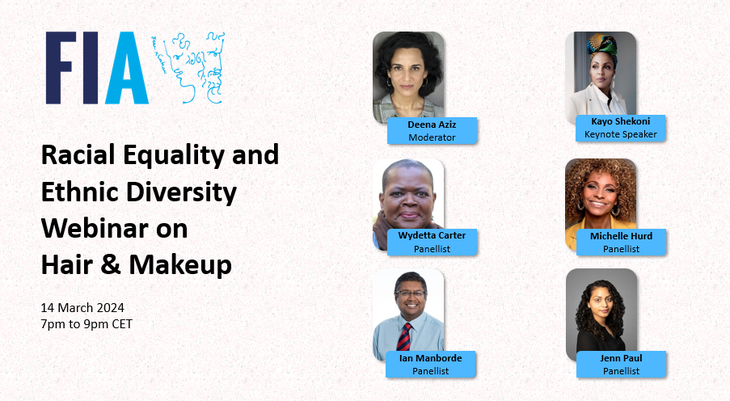March 26, 2019, will be a date to remember. Not only because it delivered a long awaited, much needed – and bitterly fought – copyright reform in Europe, but equally because it prevented powerful corporate interests from meddling with, and derailing, the EU legislative process. The adoption by the European Parliament of the Directive on Copyright in the Digital Single Market, modernising an 18-year old legal framework, is above all a victory against unprecedented mass misinformation, cyber bullying and social media manipulation – seemingly orchestrated by Silicon Valley giants, seeking to elude any liability for copyright-protected content shared by their end-users.
The directive addresses many things at once, from measures adapting exceptions and limitations to the digital cross-border environment, to others facilitating legal access to out-of-commerce works. Of particular importance to performers are the provisions in Chapter III, addressing the uneven bargaining relationship between them and their employers / engagers. A fundamental new principle establishes that the remuneration of performers must be proportionate to the actual or potential value of the licensed or transferred rights. This is in stark contrast with some of the worst practices in the audiovisual industry, forcing performers to transfer all their economic rights, for present and future uses and in perpetuity, in return for payment that is often little more than symbolic. Lump sums, although still possible under the directive, are not to be the rule and are clearly also to be measured against actual revenues. They may be also restricted to certain specific cases by member States, when implementing the directive. The directive entitles performers to receive regular, relevant and comprehensive information about all revenues generated by the exploitation of their performances and to claim additional remuneration, should the one initially agreed be disproportionately low compared to subsequent revenues. Specific provisions are also included to encourage self-regulation through collective bargaining and to entitle performers to be assisted by representative organisations, including trade unions, when making a claim.
The provisions in Chapter III of the directive – which are equally addressing authors – will empower performers and their unions to step up their fight against buy-out contracts and promote fair standards in the audiovisual industry. They were the focus of intensive advocacy work by FIA and various other creators’ organisations and openly opposed by the industry. The hardest battle, however, proved to be elsewhere. A controversial provision, in fact, established a new liability regime for profit-making, online content-sharing service providers like YouTube or Facebook, forcing them to negotiate licensing agreements with right holders for protected content uploaded by their users. These platforms also faced new obligations to monitor their sites for any copyright infringing content and remove any that falls short of those licensing deals. Another provision sought to force online aggregators like Google News to seek licenses from media companies when facilitating access to their press articles. These articles, commonly referred to as art. 11 and art. 13 (according to their provisional numbering) almost caused the directive to fail miserably.
Members of the European Parliament were put under unprecedented pressure and subjected to intimidation by an army of bots, bloggers, youtubers and cyber libertarians, reportedly stirred by the Internet behemoths, and the battle soon took an ideological twist that tore into political groups and threatened to undermine a democratic decision-making process. With looming European elections, these threats effectively swayed more than one MEP away from these provisions for fear of not being elected. Luckily in the end the directive was approved by a sizeable majority, despite a last minute motion that could have delivered a very different outcome.
March 26, 2019, was a good day for creators. But above all, it was a good day for democracy.





